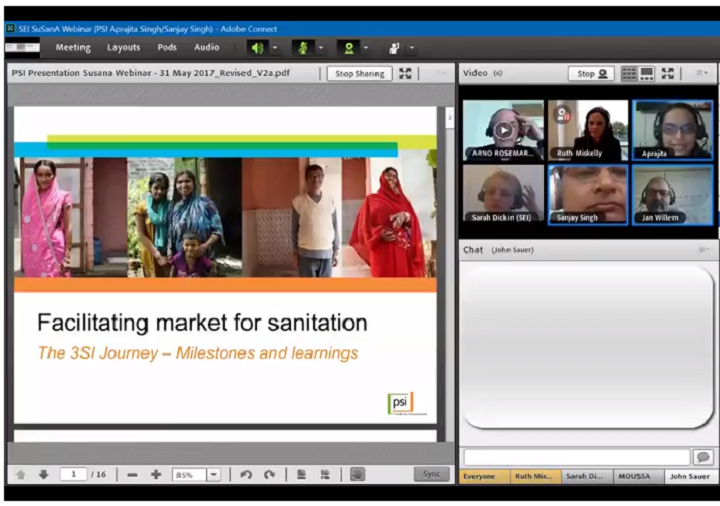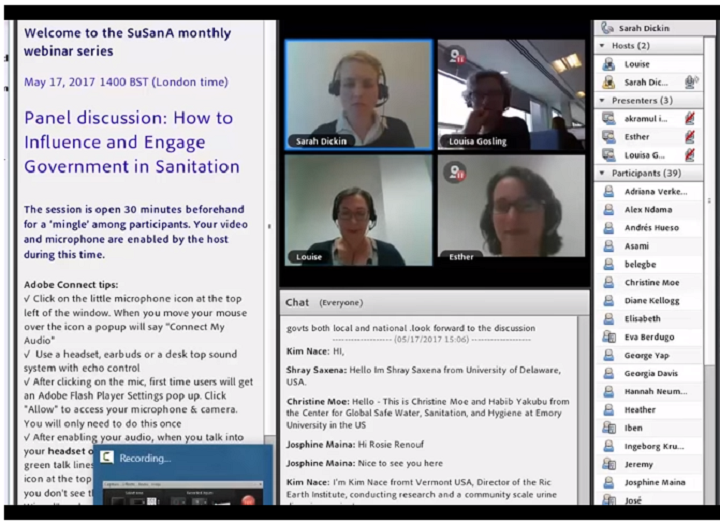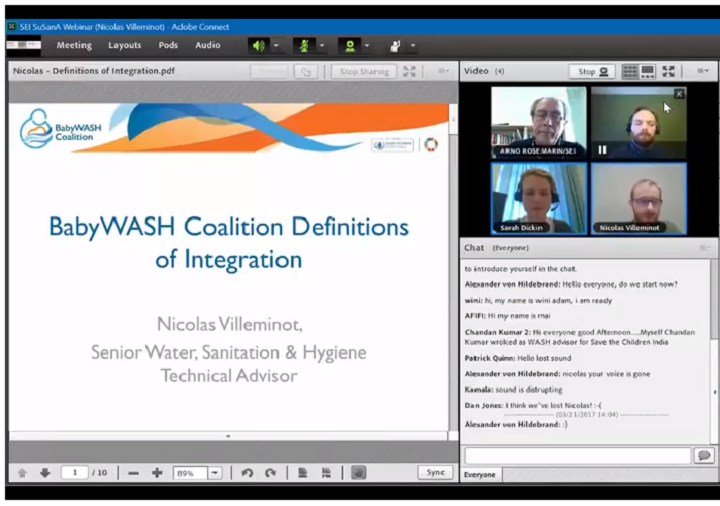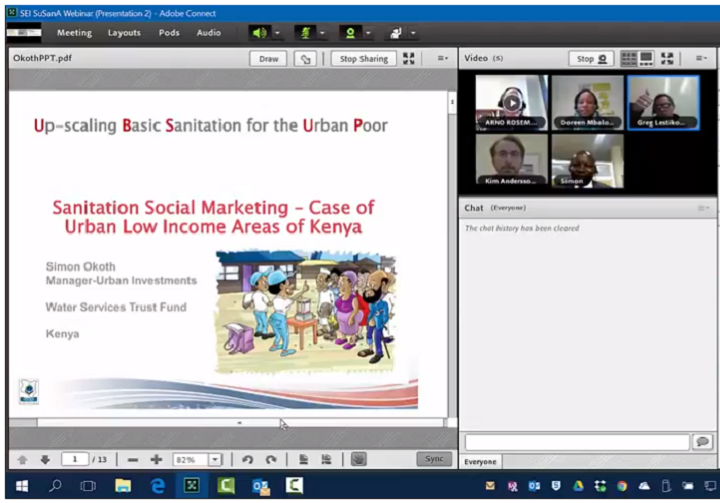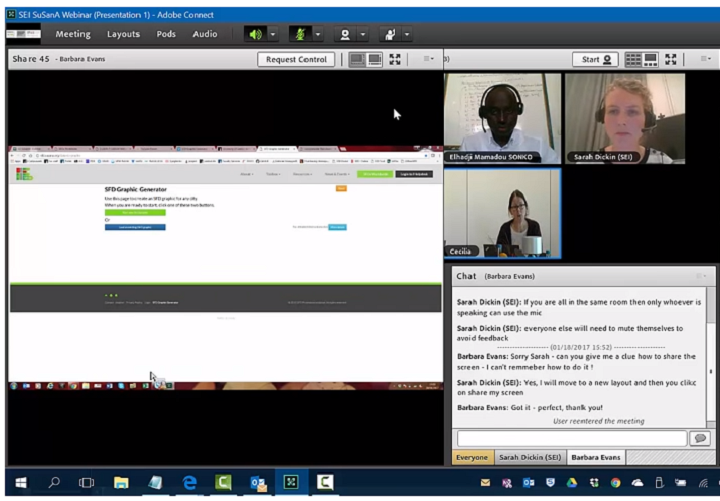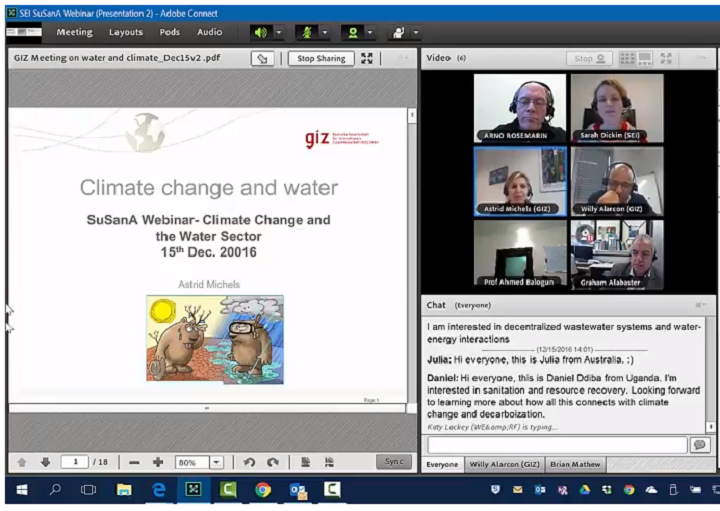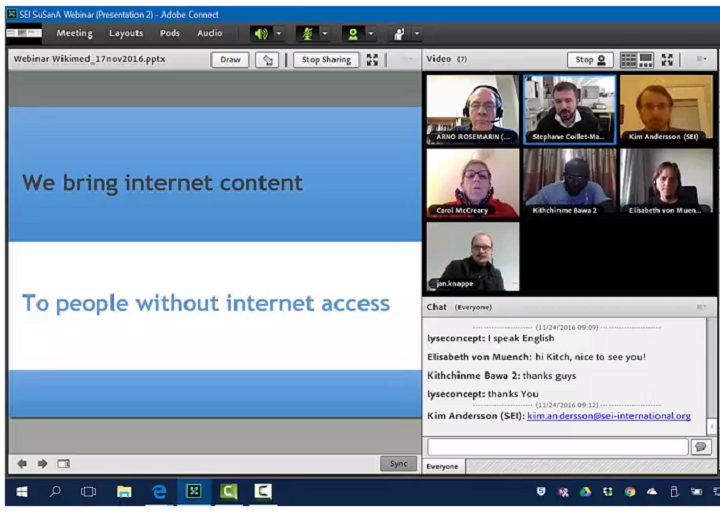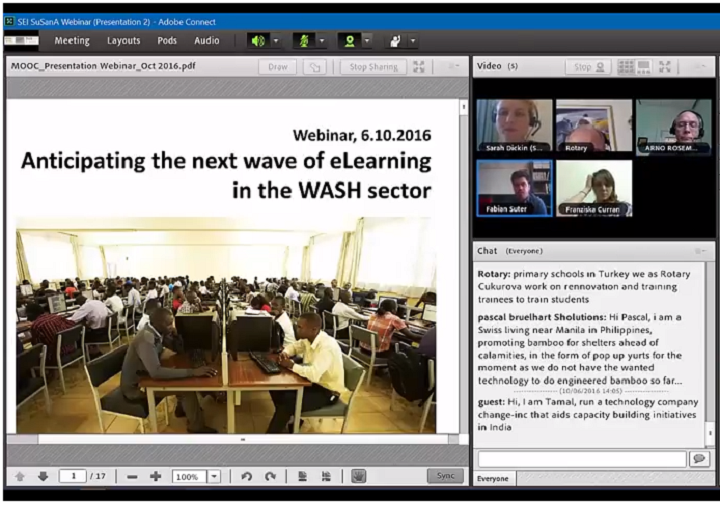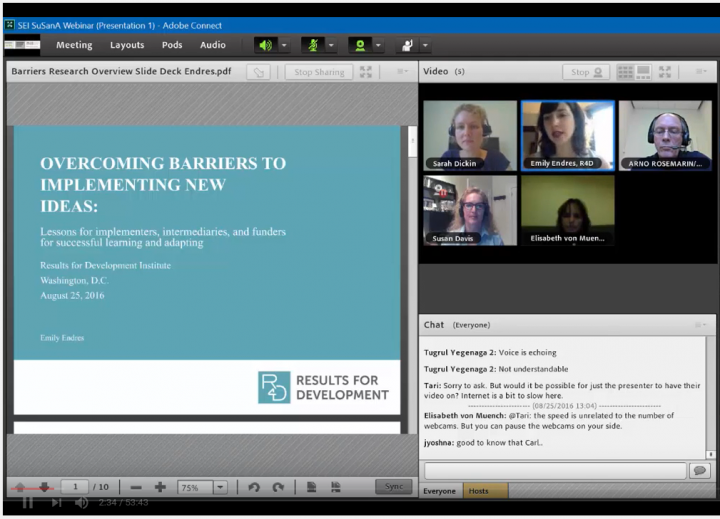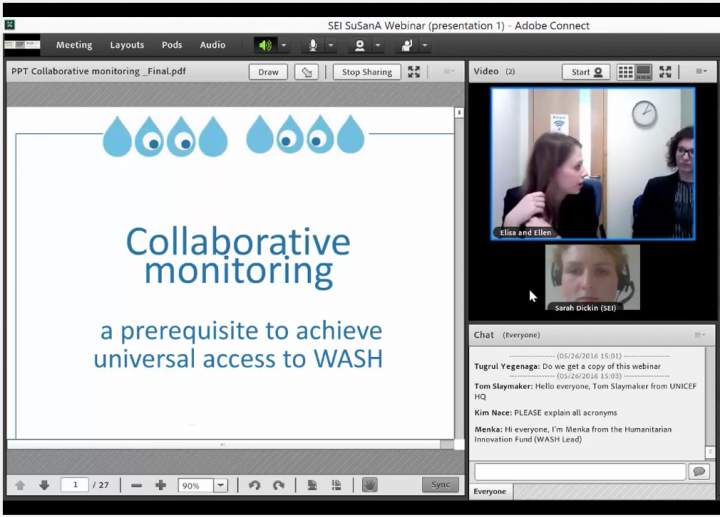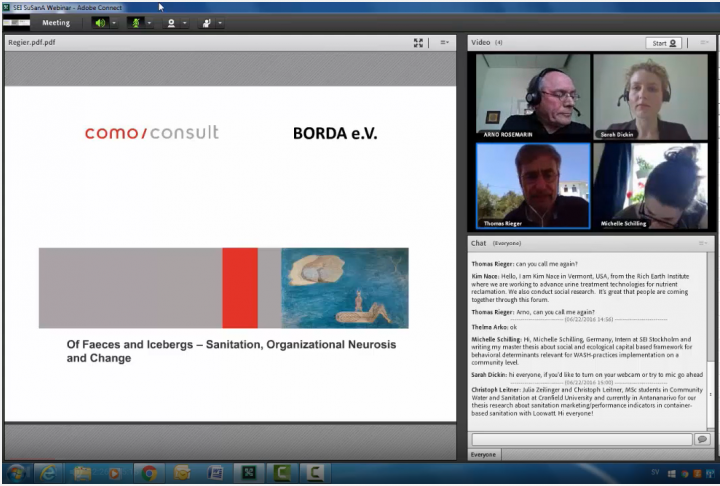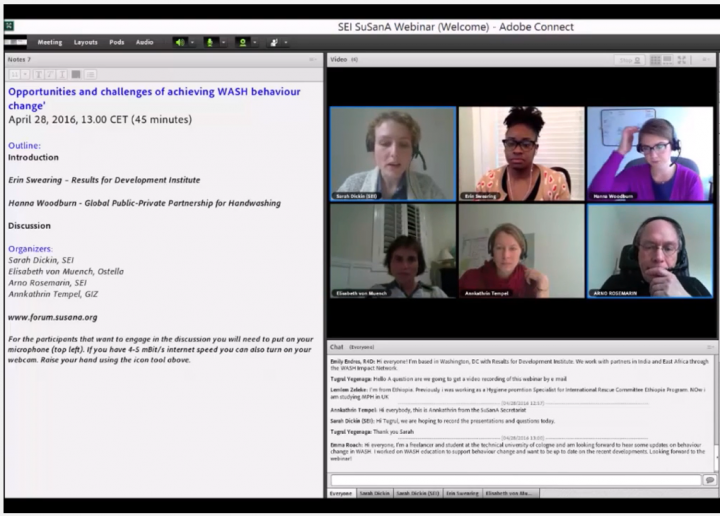SuSanA (2016) SuSanA Monthly Webinar 6: Improving Wikipedia's sanitation content for online or offline use
For more information see SuSanA Discussion Forum thread about this webinar (see link below).
Muspratt, A., Miller, A. (2018) Mechanical Dewatering for Fecal Sludge Treatment Applications Process & Technology Review
This article is a synthesis of experience operating mechanical dewatering equipment and vetting tens of technologies. The article includes comparative costs as well as design and operational considerations. The views on the benefits and potential challenges associated with deploying mechanical dewatering technologies are also presented.
GSMA (2018) Mobile for Development Utilities Achieving SDGs 6 and 7: The promise and impact of mobile technology
The GSMA Mobile for Development Utilities programme was launched in 2012, with the support of the UK Government, to promote the role of mobile technology in increasing and improving access to basic utility services in underserved communities. This annual report shares our progress over the last 18 months and highlights key insights and trends in the mobile-enabled utility space. The evidence is based on our […]
Muspratt, A., Miller, A. (2018) Mechanical Dewatering for Fecal Sludge Treatment Applications Process & Technology Review
When properly designed and sized, WSPs deliver high quality effluent at marginal running costs. Their minimal maintenance requirements make them relatively hard to break – the textbook example of “appropriate technology”. The simplicity and elegance of natural treatments systems will always have a special place in the hearts of many sanitation engineers but their large footprint has made them increasingly difficult to site in rapidly growing […]
Veses, O., Evans, B., Bieker, S. (2018) Promotion of SFDs: Review of Phase 1 Report
This document represents a review report of the experience gained from producing SFDs from GIZ, WEDC, UoL, CSE and Eawag under the of the Phase I of the “Promotion of Shit Flow Diagrams” project funded by the Bill & Melinda Gates Foundation. This report results from collating inputs from all partners on the use of the manual for SFD production, the SFD calculation tool, key learning […]
Raab, D. (2017) Analysis of exposure pathways and measures to mitigate the emanating risk of sanitation options in coastal areas of islands in the south pacific Master thesis
Rural coastal areas of islands in the South Pacific are often characterized by shallow groundwater and are prone to floods. The prevalent pit-based sanitation (i.e. ‘bush’, Dry, and Pour-Flush Toilets) may cause microbiological and chemical groundwater contamination. Floods involve the risk of spreading pathogens in the environment and may cause toilets to be inoperable. Composting Toilets (i.e. Double Vault non-Urine-Diverting Toilet) have been piloted in […]
Sustainable Sanitation and Water Management (2017) Wastewater Treatment and Energy Production in Southern Syria Case study publication
The setting is in a small village in southern Syria where approximately 300 houses exist with an average of 5 inhabitants living in each one. The villagers produce some of the products they need by practicing agriculture in lands adjacent to their houses. Some larger scale agricultural activities are being practiced. The products are sold in a vegetable market in the village. Water is supplied to the […]
Sustainable Sanitation and Water Management (2017) WASH in Informal Tented Settlements: Seeking Solutions in Restrictive Contexts, Bekaa Valley in Lebanon Case study publication
Approximately 360,000 Syrian refugees have found shelter in some 5,000 informal tented settlements in Lebanon’s Bekaa Valley resulting from the refugee crisis in Syria. Seven years into the Syria crisis, the context has changed from emergency to a transitional stabilization phase. Many humanitarian agencies have provided WASH services to the refugees, however a significant share of the refugee communities remains vulnerable.
Bhantari, B., Nechita, C., Membrano, C. (2017) Sustainable Sanitation and Water Management in Arisha Camp, Syria Case study publication
The project focuses on a IDPs camp in North-East Syria. The camp hosts approximately 7000 people and is located at a 15km distance from Hasaka city. The average staying time for the IDPs is about 2 months and the camp management falls under the responsibility of IRD, supported by the UNHCR. 9 other INGOs (Save the Children, NRC, MSF, IRC and others) and 5 NGOs are […]
